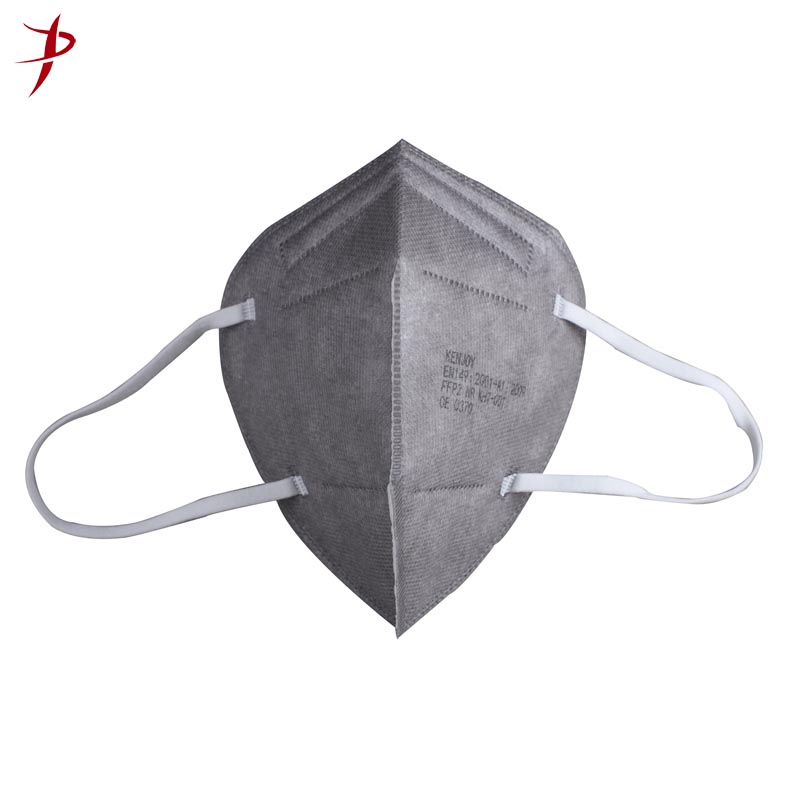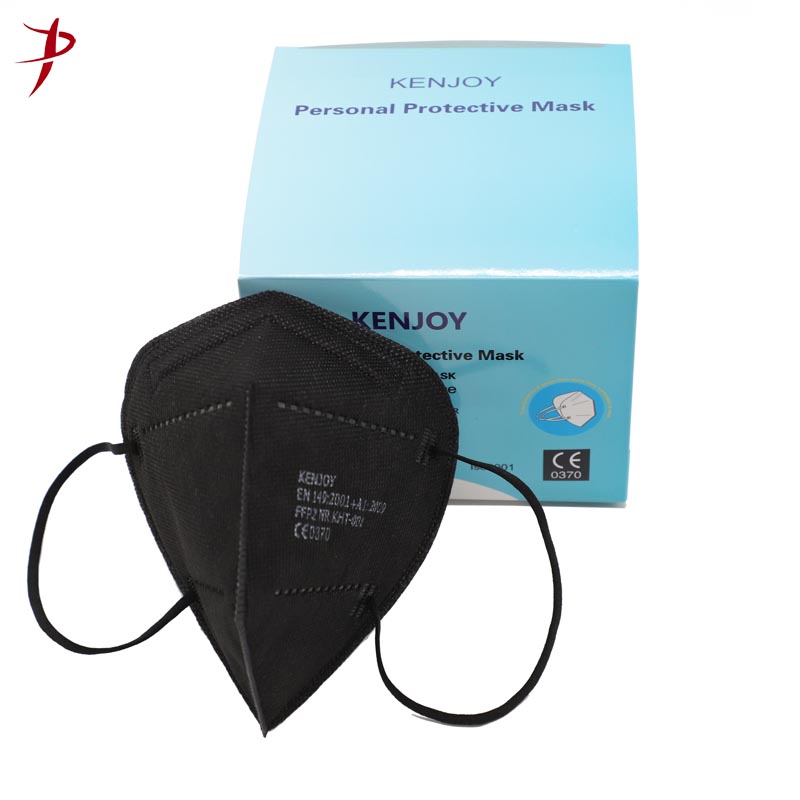The Standard and Post-processing method of kn95 Mask| KENJOY
With the stability of the epidemic, a large number of enterprises return to work and production, all kinds of mask products can be alleviated, so what do you need to pay attention to when using kN95 masks? If you don't really know it, please take a look at the following introduction.
What is a KN95 mask?
The KN95 mask is one of nine kinds of particulate matter protective masks certified by NIOSH. KN95 is not a specific product name, as long as it meets the KN95 standard and the product that has passed the NIOSH review can be called the KN95 mask, which can filter particles with aerodynamic diameter of 0.075 μ m ±0.020 μ m with a filtration efficiency of more than 95%. "N" means not resistant to oil (not resistant to oil). "95" means that the concentration of particles in the mask is more than 95% lower than that outside the mask when exposed to a specified number of special test particles. Of these, 95% is not the average, but the minimum. KN95 is not a specific product name, as long as it meets the KN95 standard and has passed the NIOSH review, it can be called a "KN95 mask". The protection grade of KN95 indicates that under the testing conditions specified in the NIOSH standard, the filter efficiency of mask filter media for non-oily particles (such as dust, acid fog, paint fog, microorganisms, etc.) reaches 95%.
Safety standards for masks
Other particle mask grades certified by NIOSH include: KN95, N99, N100, R95, R99, R100, P95, P99, P100, a total of 9. These protection levels can cover the protection range of KN95.
"N" means not resistant to oil (not resistant to oil) and is suitable for non-oily particles.
"R" means oil resistance (resistant to oil) and is suitable for oily or non-oily particulate matter. If used for the protection of oily particulate matter, it should be used for no more than 8 hours.
"P" means oil proof and is suitable for oily or non-oily particulate matter. If used for oily particulate matter, the use time should follow the recommendations of the manufacturer.
"95", "99" and "100" refer to the level of filtration efficiency tested with 0.3 micron particles. "95" means that the filtering efficiency is more than 95%, "99" means that the filtering efficiency is above 99%, and "100" means that the filtering efficiency is above 99.7%.
Which mask is the most useful in times of emergency
KN95 mask is the first choice to prevent respiratory tract infection, followed by medical surgical mask, which can prevent respiratory tract infection to a certain extent. But like our usual paper masks, cotton masks, activated carbon masks, sponge masks, because their materials are not tight enough, the effect of preventing infection is limited, so it is not the first choice.
How to deal with the safest used masks
According to the characteristics of novel coronavirus, the masks used by medical staff can be directly put into the special yellow garbage bags of medical waste. Masks used by ordinary people can be sterilized with alcohol spray, sealed separately in plastic bags or other items, and then discarded into closed dustbins. It should be noted that do not touch other people's used masks, so as to avoid cross-infection, and do not throw used masks into bags or pockets at will, so that they can be easily contaminated.
These are the standards of kn95 masks and the introduction of post-processing methods. If you want to know more about FFP2 masks, please feel free to contact us for medical face mask wholesale advice.
Learn more about KENJOY products
Read More News
Post time: Dec-29-2021



